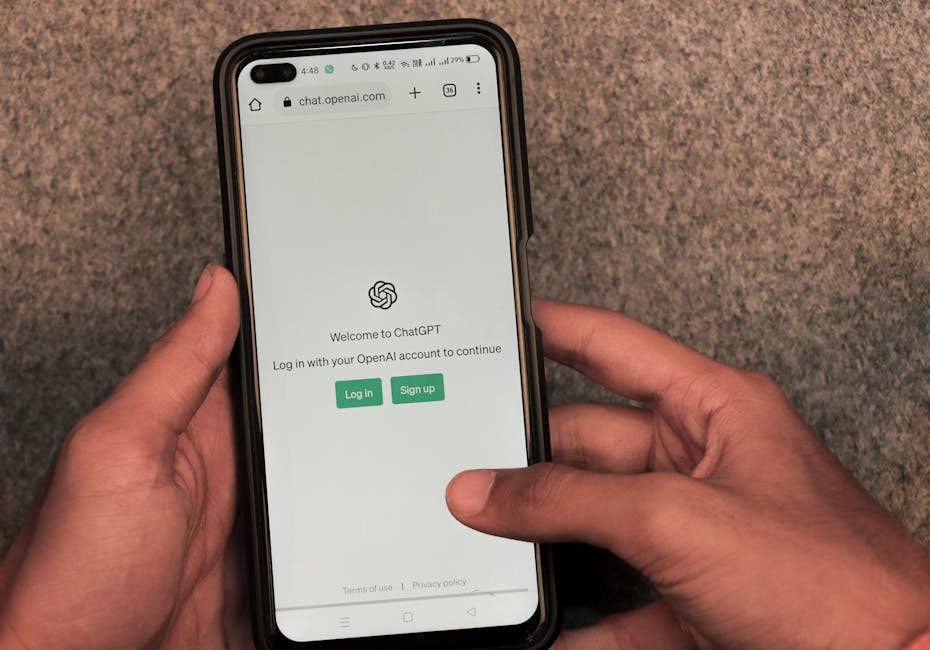OpenAI is Connecting All Company Secrets to ChatGPT – What It Means for Your Data
OpenAI is integrating enterprise systems—emails, Slack, Google Drive, and databases—directly into ChatGPT, turning the AI into a real-time corporate knowledge hub. While this promises unprecedented productivity, critics call it a privacy and security time bomb.
The AI Productivity Dream vs. Privacy Risks
OpenAI’s new integration allows businesses to:
– Index internal documents, financial records, and customer data
– Query ChatGPT for instant answers (e.g., “Show me Q3 sales in Mumbai”)
– Summarize confidential reports, code, and customer feedback
But experts warn: Once data enters ChatGPT, who controls it? Past leaks (like ChatGPT’s memory flaw) raise concerns about accidental exposure or regulatory violations.
Data Privacy Concerns: GDPR, DPDPA & Corporate Espionage
Key risks include:
– Regulatory breaches: Violations of GDPR (Europe) and India’s DPDPA if sensitive data is mishandled.
– Hacking threats: If compromised, ChatGPT could become a goldmine for corporate espionage.
– Insider misuse: Employees might extract passwords or trade secrets via poorly restricted queries.
Will Businesses Adopt This?
Early adopters (tech, finance) may embrace AI efficiency, but healthcare, legal, and government sectors will likely resist due to compliance risks.
The Bottom Line: Proceed with Caution
OpenAI claims enterprise data won’t train public models, but the stakes are high. Companies must weigh productivity gains against catastrophic leaks.
What’s your take? Should businesses feed all data into ChatGPT, or is this too risky? Share your thoughts below.




